Quince jam - a gorgeous recipe
Quince is a very fragrant fruit, very unappealing in appearance and completely inedible in its raw form. But it is worth it to conjure an experienced hostess, as we have a beautiful dessert.
Quince is used as a filling for pies, as a side dish for meat dishes, jam, syrups and fruit drinks are cooked from it, frozen and dried. We offer you a recipe for preparing quince jam at home.Due to the natural hardness of the fruit, the jam does not boil, and each piece retains its shape, becomes transparent and looks very appetizing. Quince is rich in pectin, and therefore the jam is thick without additional boiling. For piquancy and emphasizing the refined smell of quince, we recommend the use of additional aromatic additives. You can optionally add citrus zest, cinnamon or cardamom. If you plan a dessert for adults, then you can optionally add a little cognac.
Ingredients:
- quince (net weight) - 350 grams;
- sugar - 200 grams;
- cardamom - 6 pieces;
- citric acid - 1 teaspoon.
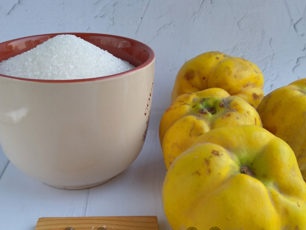
How to make quince jam
Wash quince with a brush. The cannon that covers the fruit must be removed.
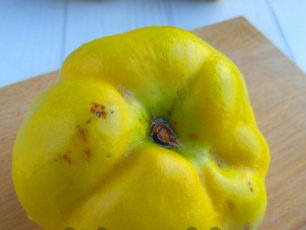
Cut the fruit into 2 parts, remove the core and the worm moves, cut into small pieces.
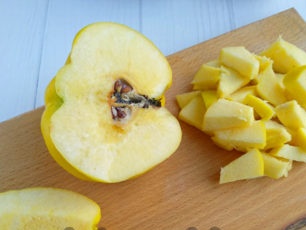
Pour the first portion of chopped quince into a plastic dish.
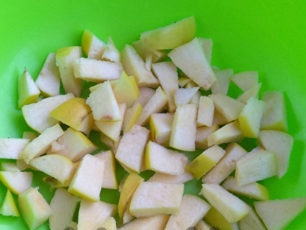
Sprinkle with a layer of sugar. Do not mix.
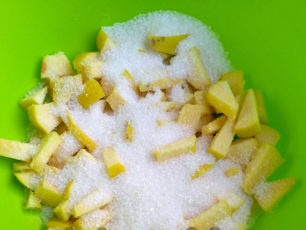
Continue to alternate layers, finish with a layer of sugar. Leave on for 24 hours.
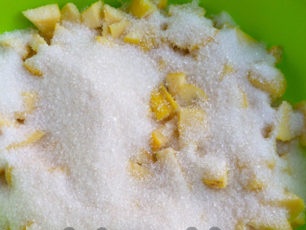
After the indicated time, a sufficient amount of juice is formed and almost all of the sugar dissolves.
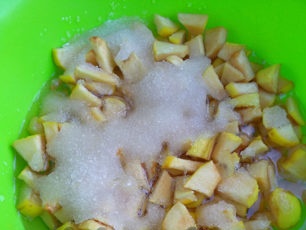
Pour the liquid into an enamel pan and boil for one minute.
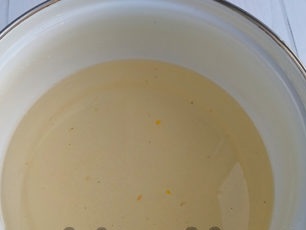
Pour quince with hot syrup and leave for 3 hours. Repeat the fill again.
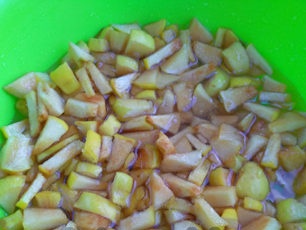
Cook the jam in three sets of 5, 7 and 10 minutes over low heat and at intervals of 12 hours. At the end of cooking, add citric acid and cardamom.
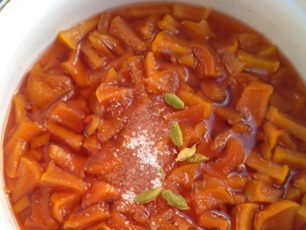
Transfer the jam to a sterile jar and roll up.
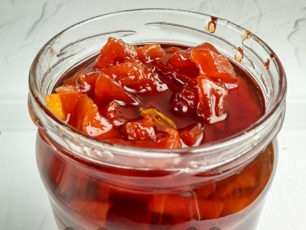
Store at room temperature for up to 3 years.
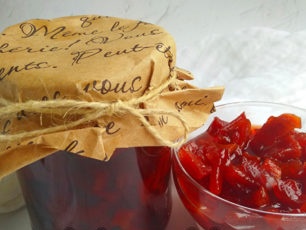
The jam has a beautiful rich color, great taste and delicate aroma. The pieces are transparent and suitable for decorating desserts.
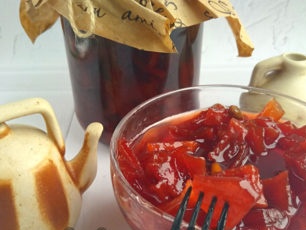
This preparation can be served with tea and used as a filling for shortcakes, added to morning cereal or to natural yogurt.

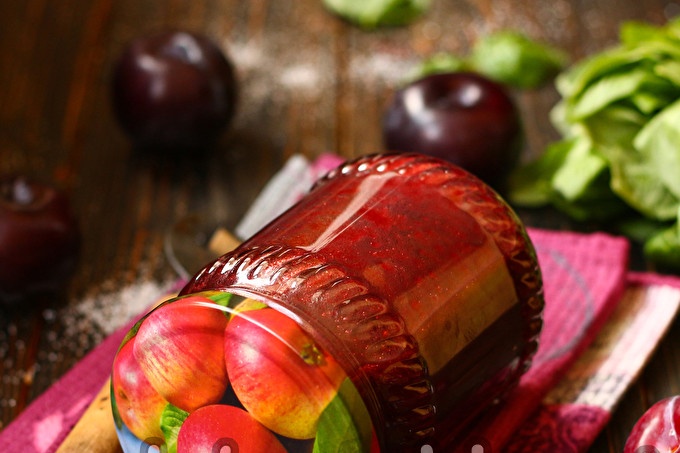
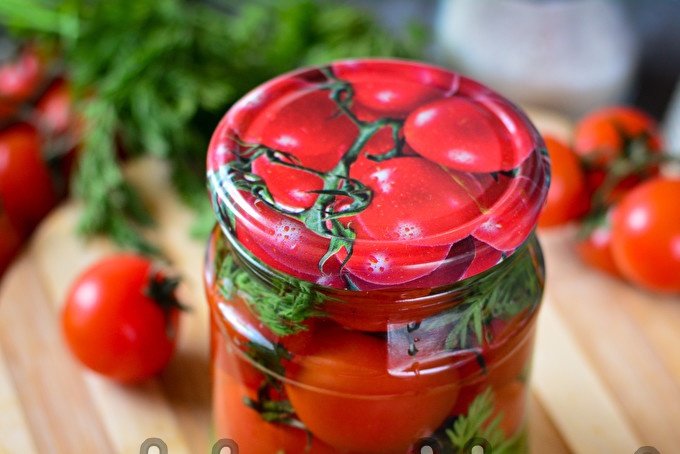
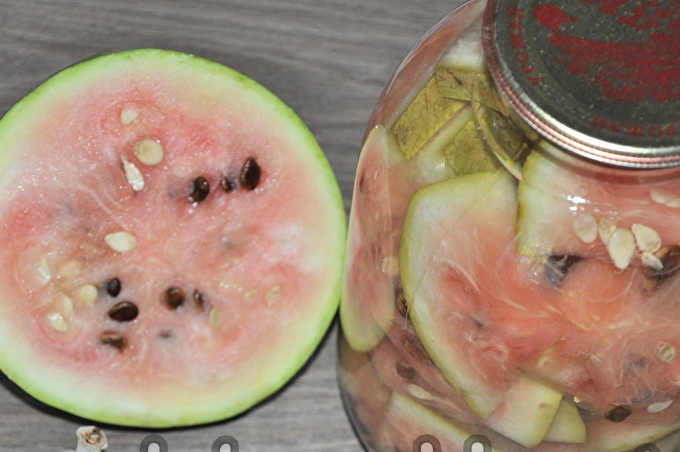
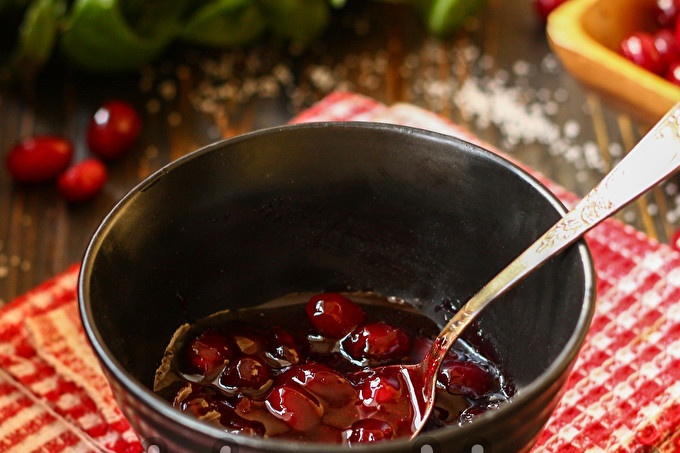 Very tasty and beautiful dogwood jam
Very tasty and beautiful dogwood jam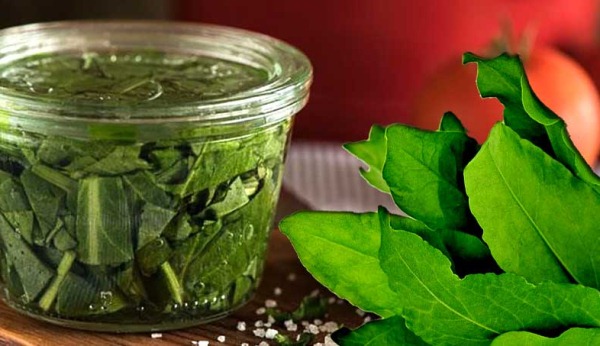 How to preserve sorrel leaves
How to preserve sorrel leaves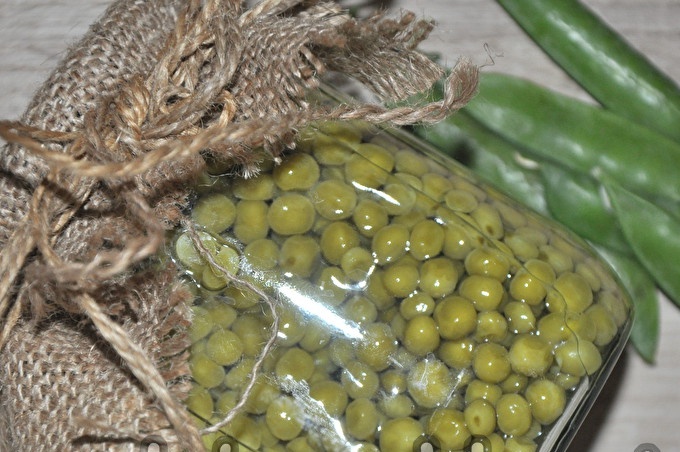 Green peas for winter without sterilization
Green peas for winter without sterilization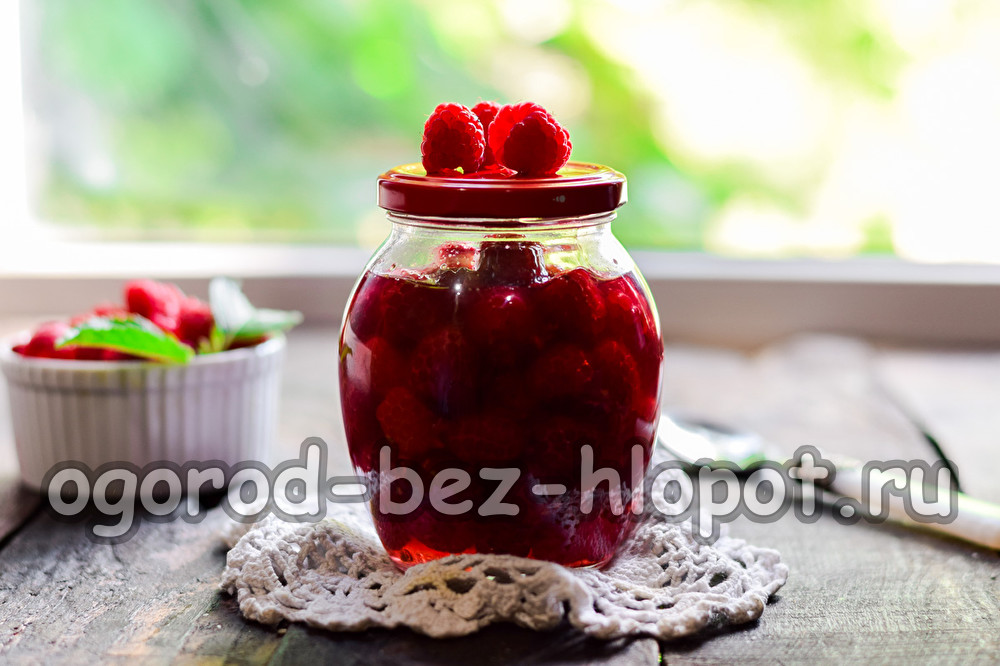 Raspberries in their own juice without sugar
Raspberries in their own juice without sugar